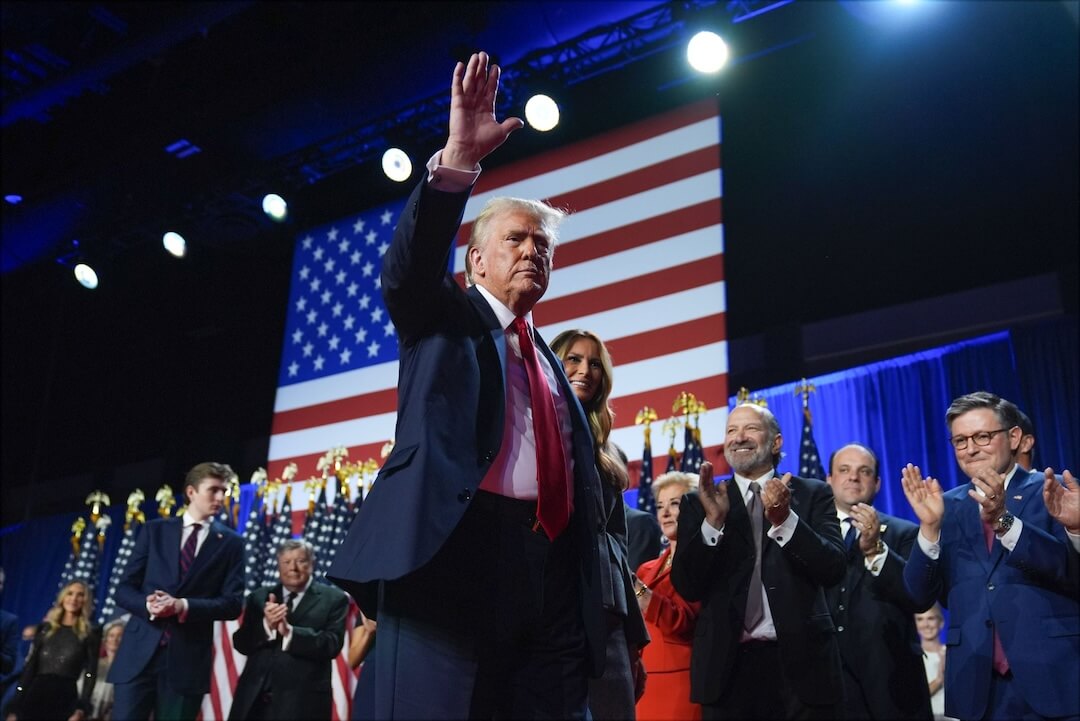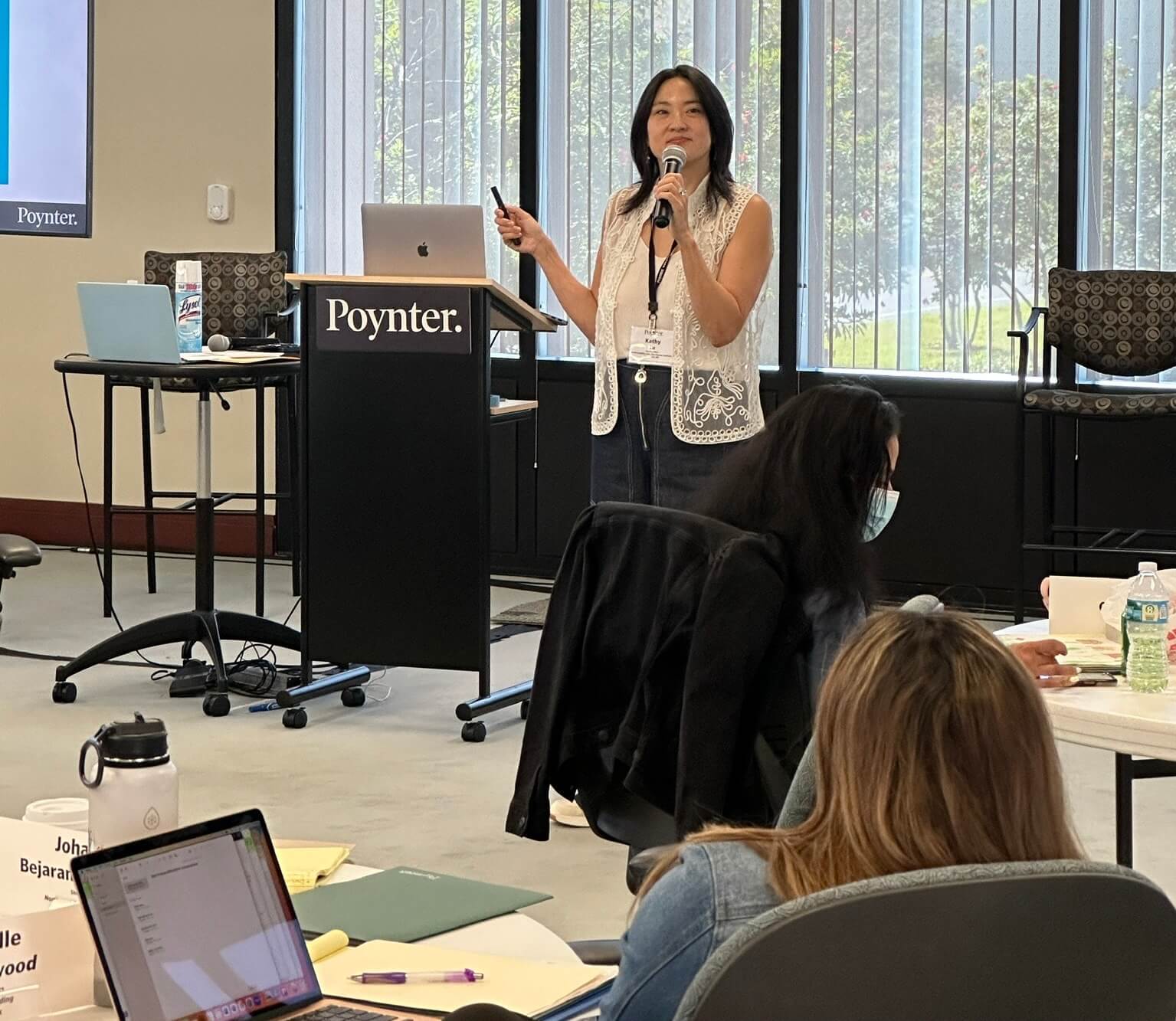The union that represents many journalists at The Wall Street Journal has published an analysis that shows a persistent wage gap between men and women employed by Dow Jones & Company.
The report, which the Independent Association of Publishers’ Employees released Tuesday, found that, on average, full-time female employees make less than 85 percent of what their male counterparts earn.
Even when accounting for differences in age and location, female Dow Jones employees make less than men, according to the study. On average, women in New York City make nearly $10,000 less than their male counterparts and more than $13,000 less in Washington, D.C. Women make less than men at every single age except 66 years old, with the largest disparities occurring among older employees — some in excess of $30,000.
Related Training: Reporting on Gender
The study, which was conducted by the Strength in Numbers Consulting Group, includes Dow Jones pay data for every union-represented employee from 2000 to 2016, according to the IAPE. It does not include data pertaining to employees of color.
WSJ's union releases new analysis showing a persistent pay gap between male and female reporters, even accounting for experience. @IAPE1096 pic.twitter.com/tdpgmlGSRR
— Jennifer Maloney (@maloneyfiles) June 13, 2017
The news comes about a year after Dow Jones conducted an internal review of the company’s purported wage gap following the publication of a similar set of data by the IAPE. That review concluded there was little difference in pay based on gender, according to the union, and what disparity did exist could be explained by men and women working different jobs.
However, the IAPE’s latest study’s results show disparities in pay within specific job categories. Female “senior special writers” and reporters make more than $6,000 less than men with the same jobs. The only position in which women make more than men on average is “special writer,” according to the data.
“We have presented Dow Jones with the results of our study and plan to continue to press the issue,” the IAPE said in the report.







